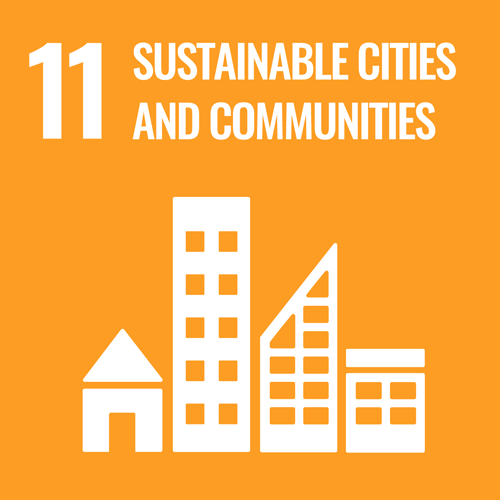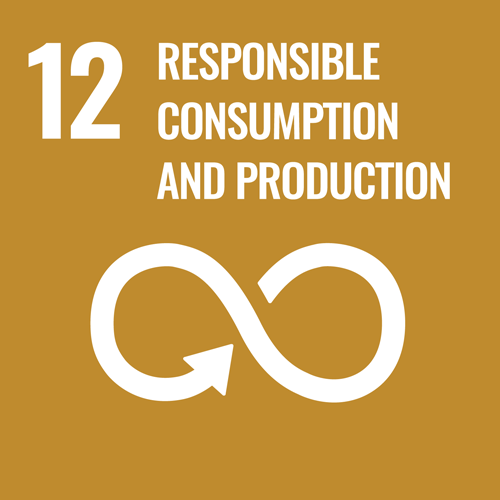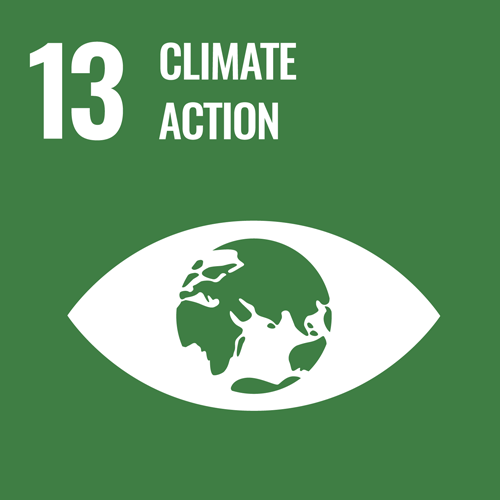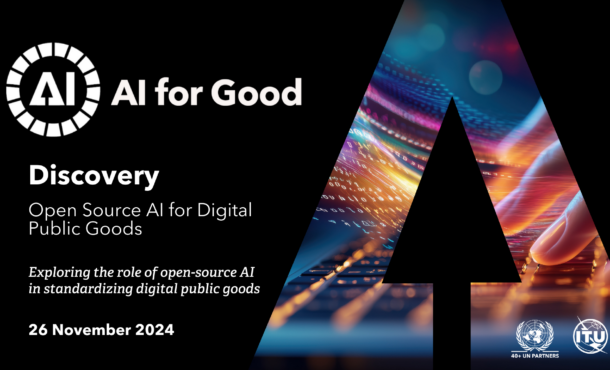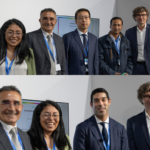Re-Learn’s NANDO: Revolutionizing Waste Management with AI at the AI for Good Global Summit 2024
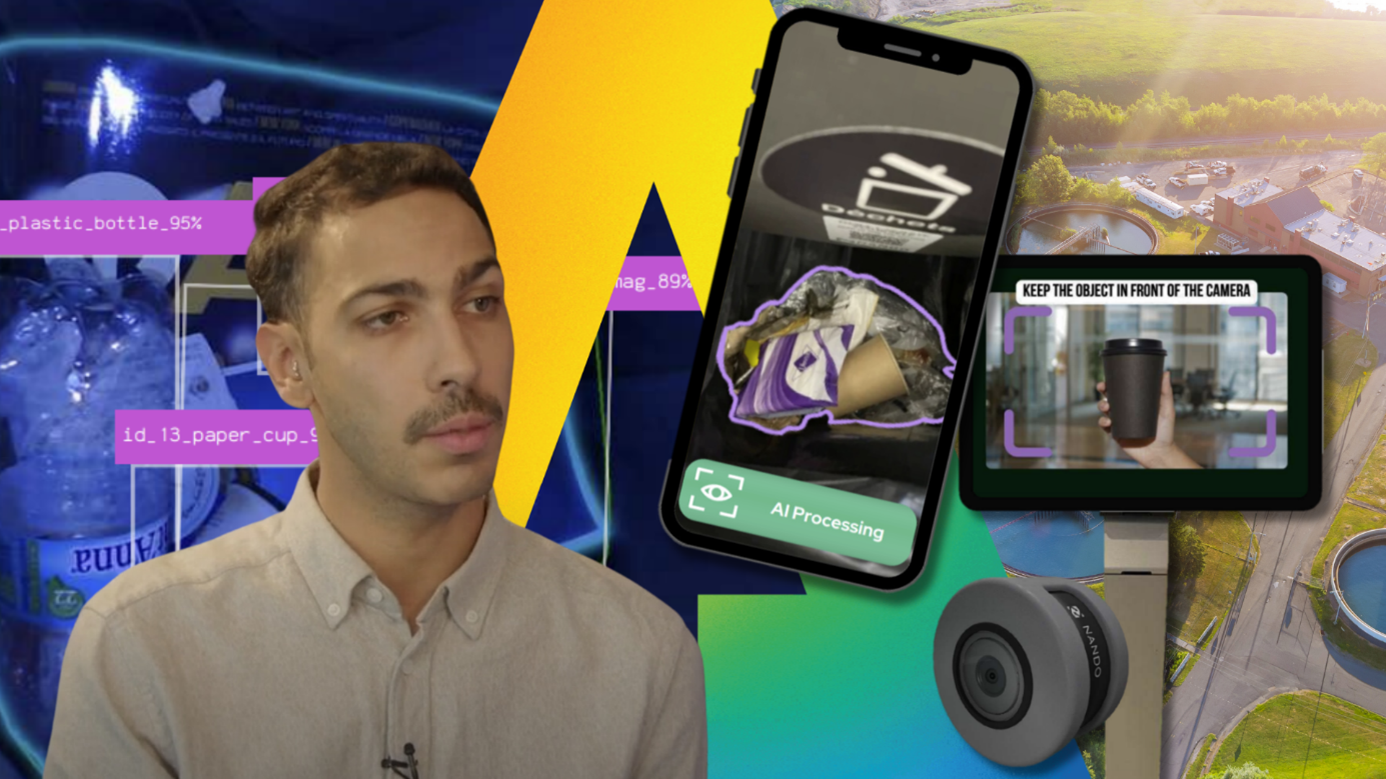
- 1 July 2024
At the AI for Good Global Summit 2024, Fabrizio Custorella, CFO and Co-founder of ReLearn, unveiled NANDO, a groundbreaking AI-powered waste management solution. Re-Learn, an innovative Italian start-up and finalist of the AI for Good Innovation Factory 2024 live pitching session, is dedicated to addressing the pressing issue of waste management through cutting-edge technology.
Modern waste management faces numerous challenges. Guidelines for waste collection are often confusing and inconsistent, varying from city to city. This inconsistency results in poor recycling quality, as individuals struggle to adhere to ever-changing rules. Additionally, the new EU Sustainability Regulation (CSRD), coming into effect in 2024, mandates that companies measure their environmental impact, including waste production, to combat greenwashing. However, there has been a significant gap in tools available for accurate waste measurement.
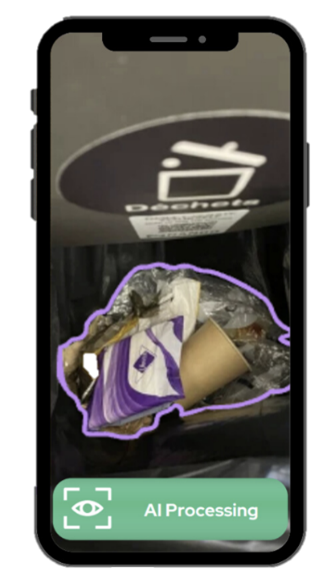
Custorella explains that NANDO is the first waste management tool powered by AI. “NANDO uses image recognition to collect information about the waste produced by the company and the segregation quality,” he says.
The system is designed to be plug-and-play, easily integrating with existing bins to turn them into smart bins without the need for replacements.
NANDO comprises several key components. Sensors are attached to existing bins to measure waste production and monitor segregation. Displays are installed near bins, allowing users to scan objects and receive instructions on the correct bin for disposal based on local differentiation rules. Additionally, NANDO’s AI educates users, raising awareness about the waste issue and guiding them to make the right choices.
Custorella elaborates, “You can scan the object you have in your hand, and NANDO, based on the differentiation rules where it is located, will tell you what is the correct bin.”
NANDO has been deployed in seven countries, engaging around 40,000 people daily in locations such as banks, universities, malls, and airports. The results have been impressive.
“Usually when we install NANDO inside our client facilities, the segregation quality is around 30%. Thanks to our monitoring service and educational services, we increase the segregation quality up to 75%,” Custorella notes.
At the AI for Good Global Summit, NANDO’s sensors and displays monitored waste production, segregation quality, and CO2 emissions. The waste analysis report revealed that 109 kg of waste was monitored, with 66% of this waste being recycled correctly. The Global People Score, indicating the effectiveness of waste sorting by participants, stood at 65%.
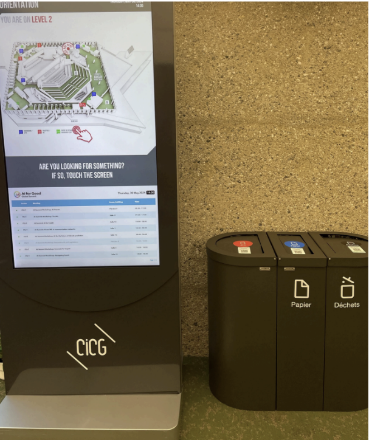
Custorella highlights the importance of NANDO for corporate compliance and sustainability. “To be compliant with the sustainability reporting, you should monitor and report how much waste you are producing and what is your segregation quality,” he states.
NANDO helps companies adhere to international regulations and demonstrates proactive environmental stewardship.
Re-Learn’s partnership with AI for Good extends to monitoring waste at events, further showcasing NANDO’s versatility. During the AI for Good Summit, NANDO monitored waste production and segregation quality, providing a comprehensive report on the event’s waste management performance.
Custorella shares an insight from the event: “We are just finding some issues with the compostable cups, but with the staff, we are educating people, telling them what is the correct bin for it.”
Re-Learn’s mission is to make data meet people to create a waste-free world. The company’s approach is multifaceted, addressing various aspects of waste management. One significant challenge highlighted in their reports is the confusing guidelines for waste collection, which are not effective in reducing waste contamination. The variability in collection rules from city to city exacerbates this issue, making it difficult for people to follow the guidelines correctly.
Moreover, the company points out that there is no effective measurement tool for waste, which poses a significant challenge for companies trying to comply with the new EU Sustainability Regulation. This regulation requires companies to measure their impact to prevent greenwashing, with waste being one of the most challenging aspects to measure accurately. NANDO addresses this gap by providing a comprehensive waste monitoring solution.
NANDO is a plug-and-play system that transforms existing bins into smart bins equipped with sensors that measure waste production and segregation quality. This solution does not require new bins, making it cost-effective and easy to implement. The sensors attached to the bins measure the waste, while a display installed near the bins helps engage the community by providing real-time feedback on proper waste disposal.
The NANDO.EYE component of the system uses AI to help users make the right choice by identifying every object before disposal and guiding them to the correct bin. This feature is particularly useful in improving recycling quality and reducing contamination. According to the company’s data, NANDO.SENSOR uses AI to monitor waste production, recognizing over 72 categories with an average accuracy of 92%.
The data collected by NANDO is displayed on a dashboard that creates professional reports according to the GRI 306 standard. These reports include detailed information on waste weight, bin filling levels, recycling quality, and CO2 emissions. This data is essential for companies to get their sustainability certifications and comply with regulatory requirements.
NANDO also incorporates a gamification element to increase community engagement. The Circular Challenge allows different floors or locations within an organization to compete in waste sorting, with the goal of increasing recycling rates. This approach has proven effective in promoting corporate values and engaging employees in sustainability initiatives.
The impact of NANDO is significant. By improving recycling rates and waste segregation quality, NANDO helps companies reduce their waste disposal costs by up to 20%. The system also reduces waste management costs by 40% through filling level alerts. Furthermore, the improved recycling quality can lead to up to a 60% increase in recycling rates within the first year of implementation. The system also engages users effectively, with more than 3,000 interactions per day recorded.
NANDO’s technology is applicable across various sectors, including textile, industrial, commercial, medical, and large venues like airports and malls. This versatility makes it a valuable tool for a wide range of organizations looking to improve their waste management practices and achieve sustainability goals.
Re-Learn’s mission aligns with the growing emphasis on environmental sustainability and regulatory compliance.
Custorella emphasizes the importance of proactive measures, stating, “With our solution, you can show proactivity that you are doing something for the planet.”
The AI for Good Global Summit provided a platform for Re-Learn to showcase NANDO’s capabilities and impact. Custorella shared the company’s plans to expand their monitoring efforts to include industrial and event waste. The Global Summit itself served as a case study, with NANDO actively monitoring the quality of waste segregation and the volume of waste produced during the event.
Custorella noted, “We are just finding some issues with the compostable cups, but with the staff, we are educating people, telling them what is the correct bin for it.”
Re-Learn’s NANDO represents a significant advancement in waste management technology. By leveraging AI, it addresses the critical issues of waste sorting and recycling, ensuring compliance with emerging regulations and fostering environmental awareness. As businesses and institutions worldwide seek sustainable solutions, NANDO stands out as a pivotal tool in the journey towards a zero-waste future.
The International Telecommunication Union (ITU) is proud to announce the successful installation of NANDO at its headquarters in Geneva, Switzerland, enhancing its commitment to sustainable waste management practices. With NANDO, the ITU can now accurately monitor and improve its waste segregation quality, ensuring compliance with sustainability regulations and contributing to a cleaner, greener future.
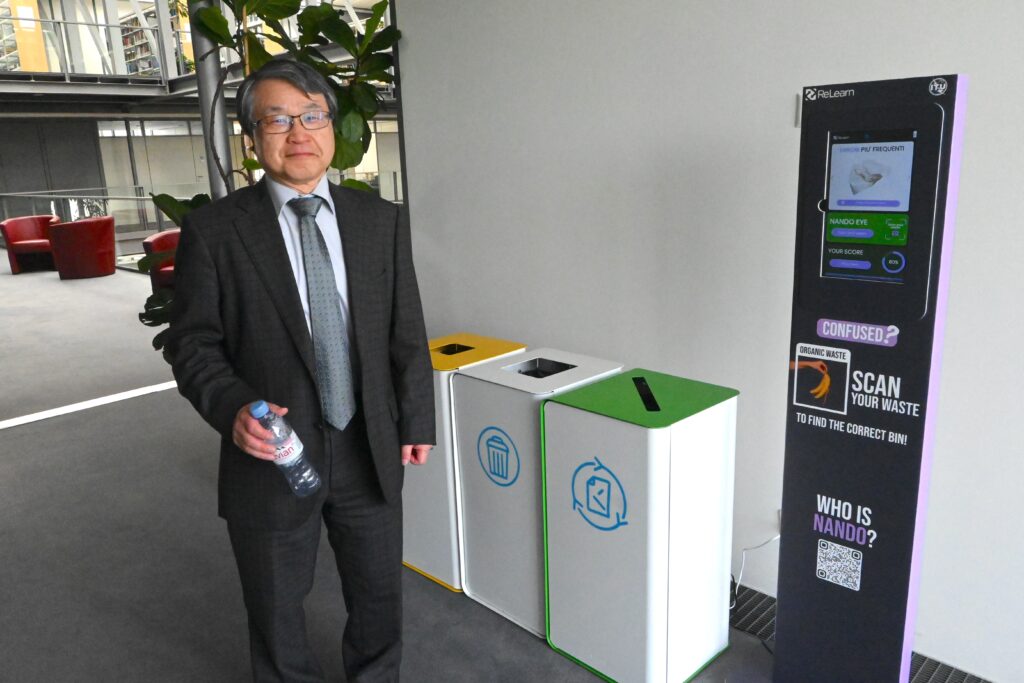
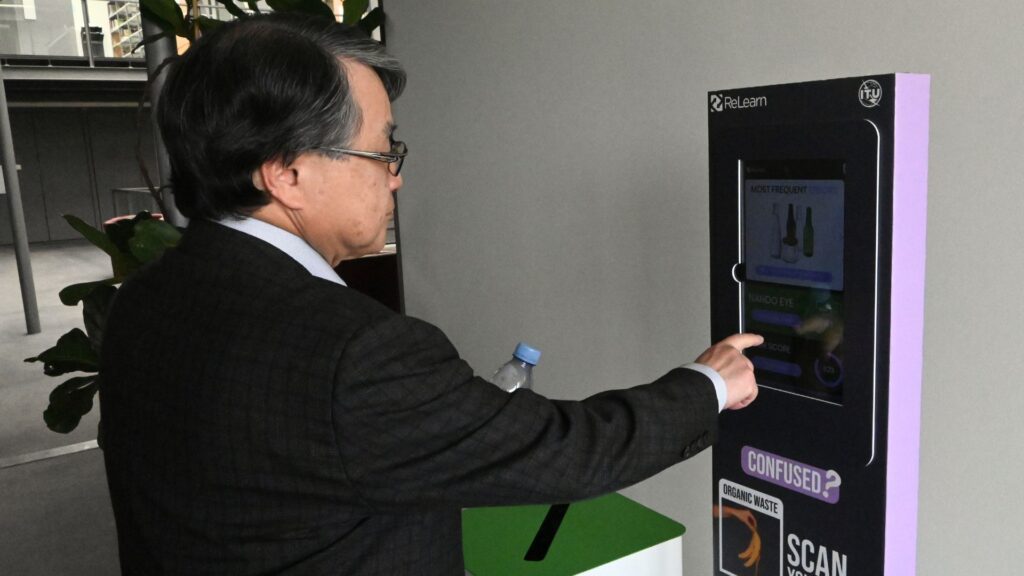
The Director of the Telecommunication Standardization Bureau (TSB) at the International Telecommunication Union (ITU), Seizo Onoe, testing NANDO in ITU Montbrilliant building.



